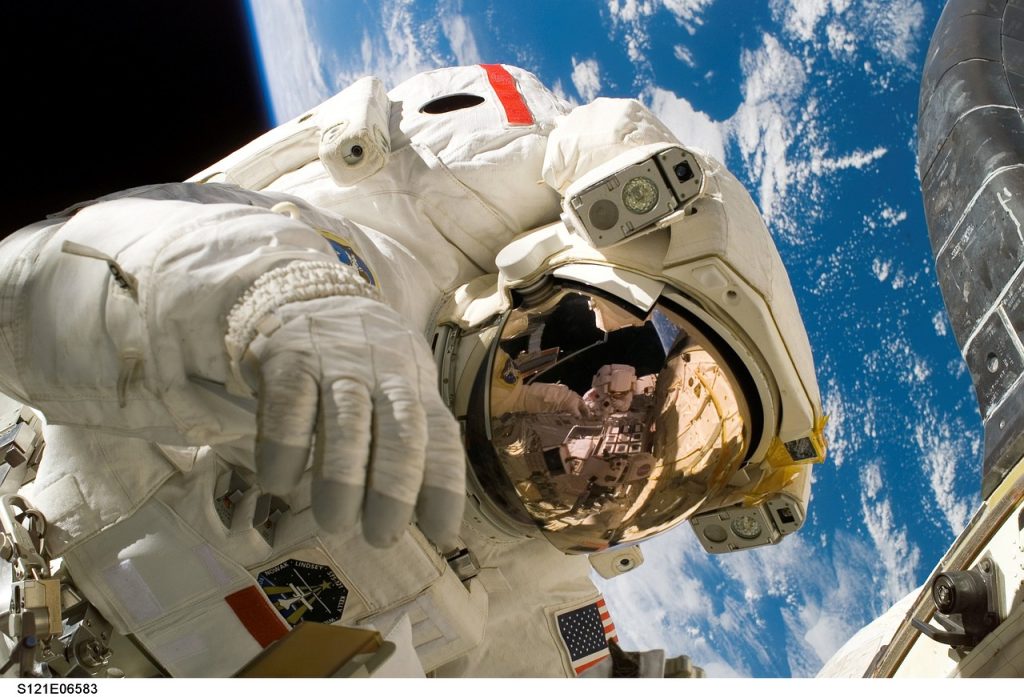Table of Contents
Space tourism, once a distant dream, is rapidly approaching reality as technological advancements and commercial investments propel humanity toward the final frontier. The prospect of space travel for recreational purposes offers a range of exciting opportunities but also presents significant challenges. This article explores the future of space tourism, focusing on the opportunities it presents and the hurdles that must be overcome to make commercial space travel accessible and sustainable.

The Rise of Space Tourism
1. Technological Advancements
The development of space tourism is driven by significant technological advancements:
Reusable Rockets: Companies like SpaceX and Blue Origin are leading the way with reusable rocket technology. SpaceX’s Falcon 9 and Blue Origin’s New Shepard rockets are designed to reduce the cost of space travel by allowing rockets to be used multiple times.
Spacecraft Innovation: Advances in spacecraft design and materials are improving safety and comfort for space tourists. Spacecraft such as SpaceX’s Crew Dragon and Blue Origin’s New Shepard are designed to accommodate passengers on suborbital and orbital flights.
2. Market Growth and Investment
The space tourism industry is experiencing rapid growth and attracting substantial investment:
Private Sector Involvement: Private companies, including SpaceX, Blue Origin, and Virgin Galactic, are at the forefront of space tourism. Their investments and innovations are driving the industry forward, making space travel more feasible for non-professionals.
Commercial Spaceports: The establishment of commercial spaceports, such as Spaceport America in New Mexico, is creating infrastructure to support the growing demand for space tourism.
Opportunities in Space Tourism
1. Economic Potential
Space tourism has significant economic potential:
New Markets: The emergence of space tourism opens new markets for related industries, including space hotels, space-based research, and extraterrestrial resource extraction.
Job Creation: The development of space tourism will create a range of job opportunities, from spacecraft engineers and mission planners to hospitality and tourism professionals.

2. Scientific and Technological Advancements
Space tourism can drive scientific and technological progress:
Research Opportunities: Space tourists can contribute to scientific research by participating in experiments and providing valuable data on the effects of space travel on the human body.
Technology Transfer: Innovations developed for space tourism can have applications in other industries, such as advanced materials, life support systems, and communications technology.
3. Inspiration and Education
Space tourism has the potential to inspire and educate:
Public Interest: The excitement and visibility of space tourism can increase public interest in science, technology, engineering, and mathematics (STEM) fields, encouraging the next generation of explorers and innovators.
Educational Programs: Space tourism companies may develop educational programs and experiences to engage and inform the public about space science and exploration.
Challenges in Space Tourism
1. Cost and Accessibility
One of the primary challenges of space tourism is the cost and accessibility:
High Costs: Current space travel costs are prohibitively high, making it accessible only to the wealthy. Reducing costs through technological advancements and economies of scale is crucial for making space tourism more affordable.
Limited Availability: The number of available seats on commercial spaceflights is currently limited. Expanding capacity and frequency of flights will be necessary to meet growing demand.
2. Safety and Health Risks
Ensuring safety and addressing health risks are critical challenges:
Spacecraft Safety: Ensuring the safety of spacecraft and passengers is paramount. Companies must address risks related to launch and re-entry, as well as potential space environment hazards.
Health Concerns: Space travel poses health risks, including exposure to radiation, muscle and bone loss, and psychological effects. Developing countermeasures and medical protocols is essential for protecting tourists’ health.

3. Environmental and Regulatory Issues
Space tourism raises environmental and regulatory concerns:
Environmental Impact: The environmental impact of rocket launches, including emissions and noise pollution, must be addressed. Sustainable practices and technologies are needed to minimize the environmental footprint of space tourism.
Regulatory Framework: Establishing a comprehensive regulatory framework is necessary to ensure the safety, legality, and ethical standards of space tourism. International cooperation and clear guidelines will be essential for managing the industry.
4. Ethical and Societal Implications
Space tourism also raises ethical and societal questions:
Equity and Inclusivity: The disparity between those who can afford space tourism and those who cannot raises questions about equity and inclusivity. Efforts to make space travel more accessible to diverse populations are important for addressing these concerns.
Cultural Impact: The commercialization of space raises questions about the cultural and philosophical implications of human presence beyond Earth. Balancing exploration with respect for the space environment and extraterrestrial territories is crucial.
Conclusion
The future of space tourism is filled with exciting opportunities and formidable challenges. Technological advancements, market growth, and the potential for economic, scientific, and educational benefits drive the industry’s progress. However, addressing issues related to cost, safety, environmental impact, and ethical considerations is essential for ensuring the sustainable and equitable development of space tourism. As the industry continues to evolve, collaboration among governments, private companies, and international organizations will play a key role in shaping the future of commercial space travel and making the dream of exploring space a reality for more people.